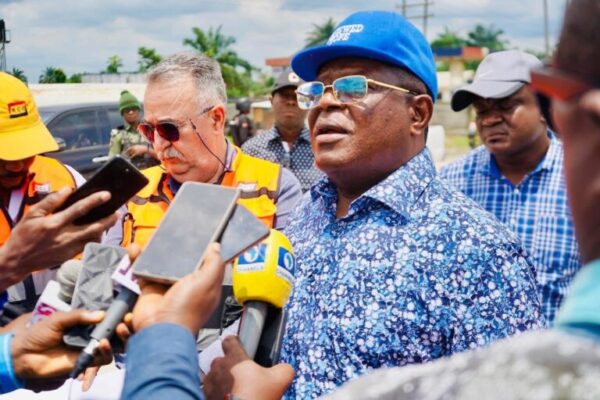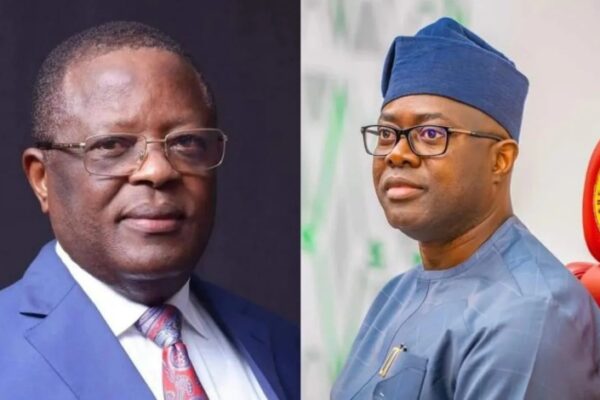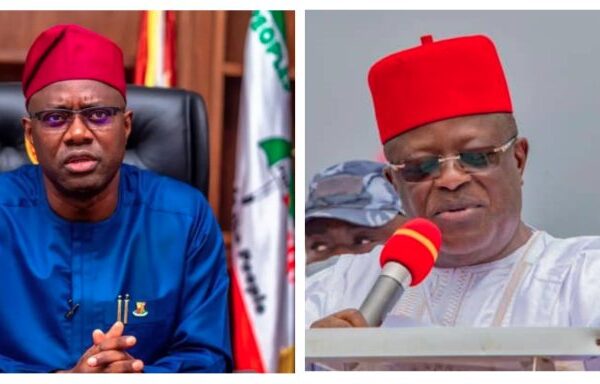
Umahi Defends ₦7.5 Billion Per Kilometer Lagos-Calabar Coastal Highway, Highlights Quality and Challenges
David Umahi, Minister of Works under President Bola Ahmed Tinubu, has defended the ₦7.5 billion per kilometer cost of the Lagos-Calabar Coastal Highway, describing it as a reflection of the project’s quality, complexity, and unique engineering requirements. In a recent briefing with journalists, Umahi outlined the first 47.47-kilometer section of the 700km highway, which is estimated to cost ₦1.067 trillion. The stretch will feature six lanes, flyovers, underpasses, shoreline protection, solar-powered lighting, and landscaping. “A standard coastal road is going for N7.5 billion per kilometer of standard highway,” Umahi said. “This includes all fillings, shore protections, solar lighting throughout, and planting of trees.” He explained the cost calculation, noting that the total cost for the six-lane section was adjusted to a two-lane standard commonly used for federal highways. “The first section, 47.47 kilometers, is costing ₦1.067 trillion and is six lanes. When you divide this ₦1.067 trillion by 47.47 and by two, you will get 11.57 — a kilometer of three lanes. A standard federal highway is two lanes. So by the time you divide by three and multiply by two, you will see that a standard coastal road is going for ₦7.5 billion per kilometer,” he said. Umahi highlighted challenges along the route, including deep pits up to 20 meters that had to be excavated and refilled in stages before construction could proceed. “At kilometer 32, we encountered such pits, which required careful excavation and layered refilling before concrete could be laid,” he explained. He compared the highway with previous asphalt-based projects, emphasizing that reinforced concrete makes the road more durable and cost-effective. “Five years ago, the cost of one cubic meter of concrete awarded by the past administration was ₦729,000. For this project, we started with ₦350,000 per cubic meter. Hold me accountable; ask me questions, and I will provide the cost,” Umahi stated. The minister also noted that international financial institutions, including a Dutch bank, reviewed and approved the project, describing it as “undervalued.” “When funding the 70% loan component, the project was oversubscribed by 100 million US dollars,” he said. Responding to critics, Umahi urged transparency and objectivity. “If the financial institutions can give us this credit, we are ready to face anybody. But when criticizing, be very objective and tell the public the truth,” he said. His comments come after a heated exchange with Arise TV presenter Rufai Oseni, who asked for a cost breakdown per kilometer. The incident drew public debate, with Oyo State Governor Seyi Makinde siding with the journalist and insisting officials owe Nigerians transparency. The 700km Lagos-Calabar Coastal Highway, which crosses nine states, remains one of the Tinubu administration’s most ambitious and closely scrutinized infrastructure projects.




